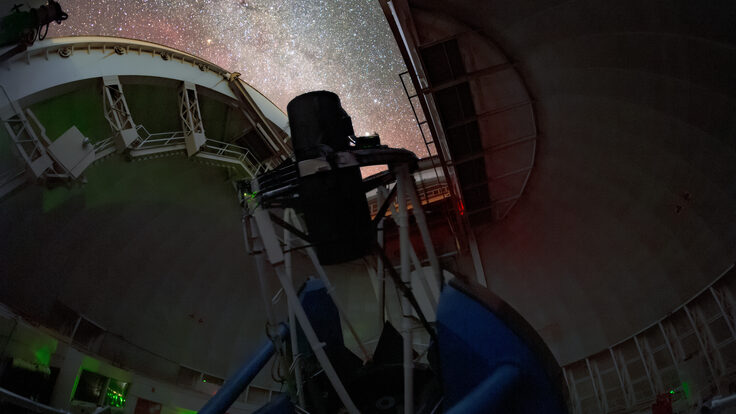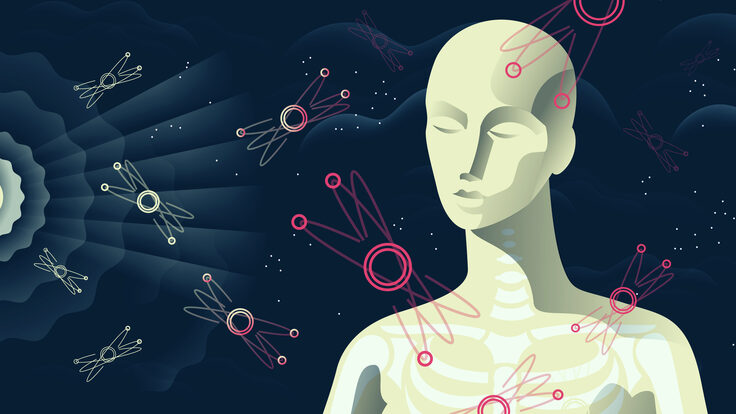A long commute to summer school
 |
 |
|
Sources: Fermilab and SLAC |
|
This August, one hundred and fifty postdocs and advanced graduate students from around the world will gather on the Illinois prairie to enhance their understanding of particle colliders at the CERN-Fermilab Hadron Collider Physics Summer School.
There they'll gain a deeper understanding of collisions between quark-composite particles (hadrons), learn about LHC detector components and detector signals, study calibrations of detectors, and review expectations for physics results.
Over the course of nine and a half lecture-filled days, small groups will break off from the regular classes for more intimate discussion. "We'll give students the chance to ask questions in a less formal, more school-like atmosphere," says co-director Jeff Appel.
Students will tour Fermilab and discuss hadron collisions with physicists who have decades of experience at the Tevatron, currently the world's most powerful collider. In the evenings, students and veteran physicists will join for dinner followed by discussion sessions and social events.
Meanwhile, farther west, a similar summer school began sessions on July 17. The 34th Annual SLAC Summer Institute in Stanford, California also focused on LHC physics.
"It's not just for experts," says John Jaros, one of four committee co-chairs for the program. "We get students from all across the globe."
SLAC's two-week program offered morning lectures, afternoon tours, and discussion and poster sessions where, Jaros says, "students get to put the lecturers on the hot seat." There were also social events, a soccer game, dinners, and a contest to try to answer the big questions, such as "What will be the biggest thing to come out of the LHC?" An expert panel was set up to choose the winning answer. With a mixture of particle physicists and astrophysicists attending, Jaros expected an "intellectually vibrant interface…with a good European contingent."
Back at Fermilab, the mix of summer school students from European and American institutions is expected to be fifty-fifty, with a few participants coming from other regions of the world. "It was nice to see [from the application pool] that the balance among the various components of the community was so even, both across experiments and geography," says Appel, who was flooded with applicants in May.
Next year's CERN-Fermilab session will be held in Switzerland, with the Americans making the trans-Atlantic commute to school.
Siri Steiner
Click here to download the pdf version of this article.






